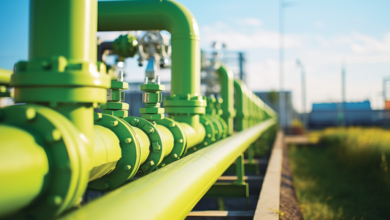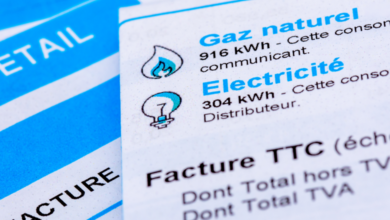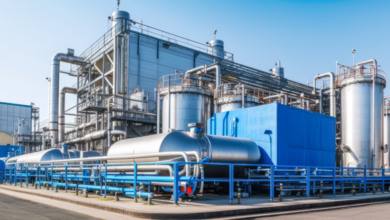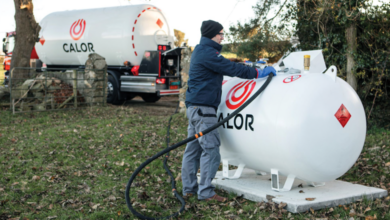What Climate Action Plan 2025 means for the gas sector

Climate Action Plan 2025 (CAP25) has not changed any of the overriding statutory or strategic targets for the production and integration of green hydrogen or biomethane into the Irish gas grid system.
Biomethane
To further support the decarbonisation of the heat sector, the Government has agreed to the introduction of the Renewable Heat Obligation (RHO), with scheme parameters now being finalised for approval.
CAP25 states that the RHO will obligate suppliers over a certain threshold to ensure a proportion of the energy they supply is renewable, and it will incentivise the production of indigenously produced biomethane, in line with the National Biomethane Strategy published in 2024.
In addition to the delivery of multi-annual programmes, 2024 saw the publication of the National Biomethane Strategy and the launch of grant aid towards development of the sector. This is expected to drive expansion of the anaerobic digestion sector towards the target of 5.7 TWh by 2030.
CAP25 asserts that the reopening of the Organic Farming Scheme and the implementation of the Forestry Strategy have “significant potential to create opportunities for Irish farmers to diversify their farming enterprises”.
The National Biomethane Strategy was launched and funding of €40 million was secured to further the ambition of the sector. As energy policy lead, CAP25 says that the Department of Environment, Climate and Communications (DECC) will “take responsibility for this second round of capital funding from 2026”.
The Government says it will “encourage the use of renewables in the petroleum refining process, investigate further the use of biomethane as per the Biomethane Strategy, and encourage the reduction of the use of petroleum-based fuel”.
Hydrogen
The National Hydrogen Annual Work Programme has been updated for 2025. The programme will further develop an understanding and put in place appropriate regulatory arrangements to support future scale-up of the sector as it evolves. A Hydrogen Task Force will oversee the delivery of the Hydrogen Annual Work Programme, and emerging relevant actions.
The National Policy Framework for Alternative Fuel Infrastructure Regulation (EU) 2023/1804 (AFIR) on the deployment of alternative fuels infrastructure sets out mandatory minimum levels of alternative fuels infrastructure to be deployed by EU member states on the TEN-T network, across land transport, maritime, and aviation sectors.
CAP25 says that the Regulation will require a significant programme of infrastructural deployment to support EV charging and hydrogen refuelling station deployment for LDVs and HDVs in urban nodes and on the TEN-T core network, as well as the provision of onshore electricity supply for large vessels at berth; and electricity supply for stationary aircraft in the State’s TEN-T airports.
The only other mention of hydrogen in CAP25, reaffirms how, in 2024, the Department of Transport “undertook public and stakeholder consultation to update the National Policy Framework prior to submission to the Commission”.





